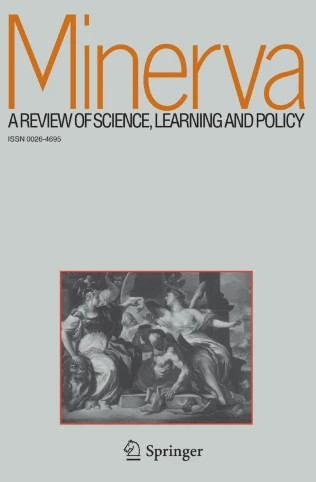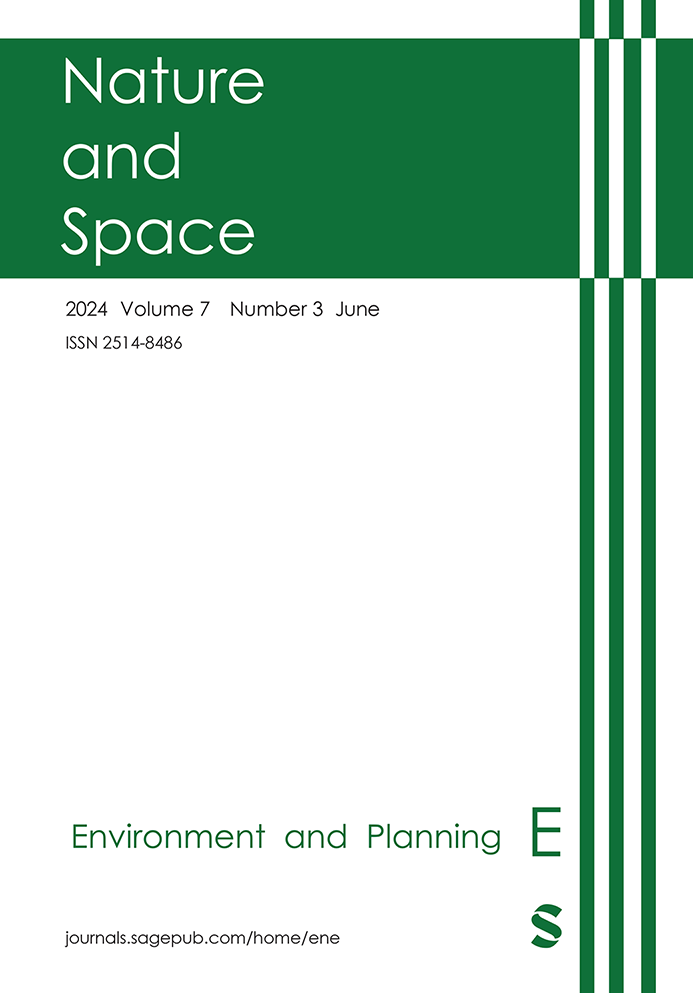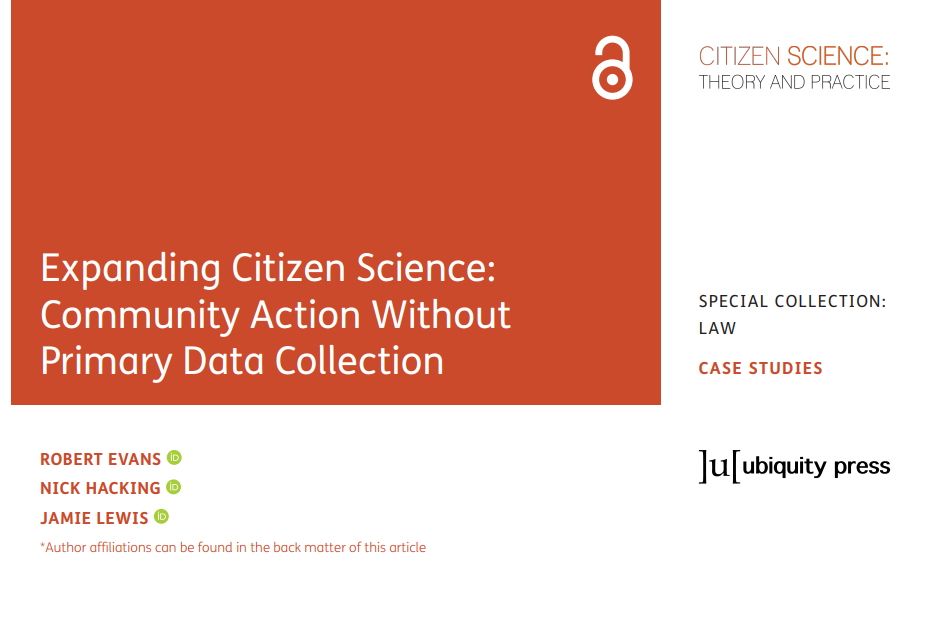Nick was appointed as a Researcher on ‘Experts, expertise and citizen science: a case study of air quality monitoring’ in February 2021.
Prior to that, he was a Researcher and then a Lecturer in the School of Geography and Planning (GEOPL) between 2017 to 2021.
In this period, he was involved in publishing journal articles from two ESRC projects on the Circular Economy. One project looked at possible impacts of Brexit on the UK waste sector given its stated commitment to more sustainable ‘circular’ activities. The second project examined the rising importance of standards to international flows of wastes in supply chains that can be recovered and reused.
Nick previously gained a PhD in Sustainability in 2017 based on expanding the data and analysis from an EPSRC project, Supergen XIV: Delivery of Sustainable Hydrogen (DOSH), which he had worked on between 2010 and 2013.
The subject matter, and his contribution in particular, was the spatial aspects of the socio-technical barriers and enablers to innovation when producing sustainable hydrogen for fuel cells. The latter are a means of storing and releasing renewable energy on demand.
Between 2013 and the present, Nick has been published in a number of high-impact international journals on the following topics: Planning Theory, Health Impact Assessment, Green Infrastructure, Energy Justice, Environmental Justice, Neoliberal Environmental Governance, and Innovation Studies.
Topics covered by his research and writing have included: sustainability transitions in waste, energy and air quality; expertise; citizen science; competing perceptions of environmental risk; improving social justice through public engagement efforts in national planning systems, and the use of hybrid forums for conflict resolution.
Nick’s analytical approaches typically come from Science and Technology Studies (STS).
Cyfweliad gyda Dr Nick Hacking, Prifysgol Caerdydd
Mae Dr Nick Hacking o Brifysgol Caerdydd yn trafod ei brosiect ymchwil o’r enw ‘Arbenigwyr, Arbenigedd a Gwyddoniaeth Dinasyddion’. Mae’n astudiaeth achos sy’n cynnwys grŵp o bobl yn y Barri sydd wedi bod yn defnyddio monitorau ansawdd aer digidol i gofnodi a dadansoddi data fel
rhan o anghydfod cynllunio lleol a fu’n mynd rhagddo ers tro byd. Mae Dr Hacking yn esbonio fel y mae’r astudiaeth achos hon yn awgrymu’r angen i ehangu ein dealltwriaeth o wyddoniaeth dinasyddion i gynnwys ystod lawer ehangach o weithgareddau
Nick Hacking Bio



